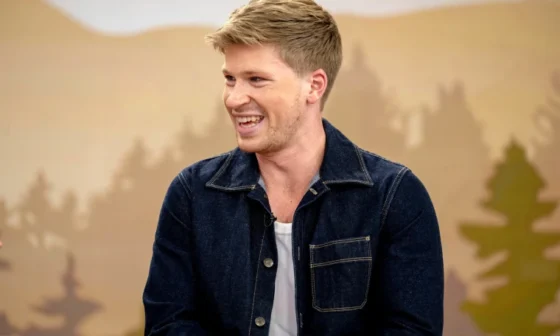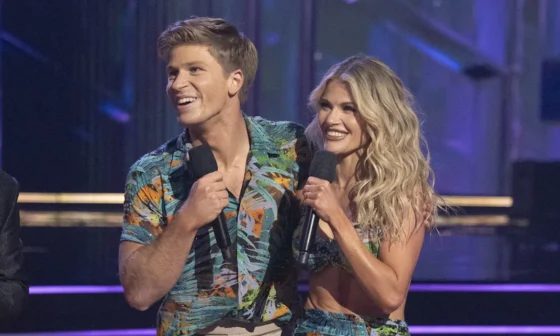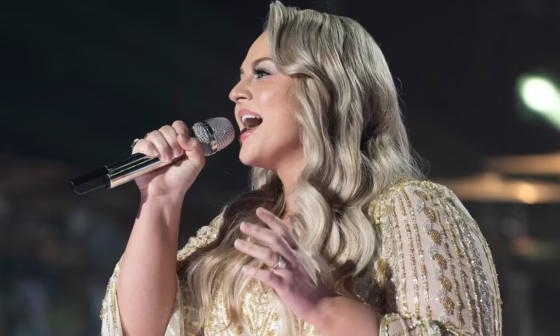Originally written by James Dean Hicks and Roger Murrah and first recorded by Conway Twitty in 1988, “Goodbye Time” has long been considered a staple in the country music canon. Its plaintive melody and unflinching lyrics about heartbreak and quiet acceptance have resonated with generations of listeners. Twitty’s original delivery was classic, smooth, and mournfully elegant—a blueprint of sorrow that would later invite reinterpretation.
In 2005, Blake Shelton brought the song back into the spotlight with his version on the album Blake Shelton’s Barn & Grill. His cover reintroduced the song to a new generation and became a Top 10 hit on Billboard’s Hot Country Songs chart. Shelton’s take is defined by his rich, resonant baritone and a traditional country arrangement complete with steel guitar, subtle percussion, and a slow-burning tempo.
His interpretation, while emotionally restrained, conveyed a sense of maturity and reflection, capturing the weight of letting go with seasoned poise. Both his official music video and numerous live performances continue to be celebrated, offering a polished and faithful tribute to the original while standing firmly on its own merit.
Enter John Foster, a 16-year-old breakout from American Idol, who recently delivered a stunning new rendition of the same song—one that has left critics and audiences alike taking notice. With only a guitar or piano for accompaniment, Foster strips the song down to its emotional core.
His voice, warm and slightly raspy, carries the ache of someone far beyond his years. In contrast to Shelton’s studio-polished production, Foster’s version feels entirely human and heartbreakingly intimate. Whether performing for a national audience or dedicating the song to friends in quieter moments, his ability to channel vulnerability and truth is extraordinary.
Critics have praised Foster’s take for its “worn with feeling” quality, describing his voice as one that lets you feel the goodbye rather than simply hear it. His piano-backed performances in particular evoke an atmosphere of quiet intensity. In place of traditional country grandeur, there is rawness—unpolished and deeply moving. Unlike many covers that mimic their predecessors, Foster’s version reimagines the song not as a performance, but as a personal confession.
When placed side-by-side, Shelton’s and Foster’s renditions offer two distinct emotional experiences. Shelton’s is a polished and reverent homage, infused with craftsmanship and the gravitas of a seasoned artist. Foster’s is an emotionally transparent revival, fresh with vulnerability and sincerity that can only come from a young artist who isn’t trying to imitate—but to feel.
The final takeaway is not about which version is “better,” but how each draws something unique from the same source. Shelton reinforces the song’s legacy with radio-ready finesse and emotional depth rooted in control. Foster, on the other hand, reinvents it with youthful honesty and a rawness that grips the heart. Together, they prove that great songs like “Goodbye Time” are timeless—not because they remain unchanged, but because each generation finds its own way to tell the story.






